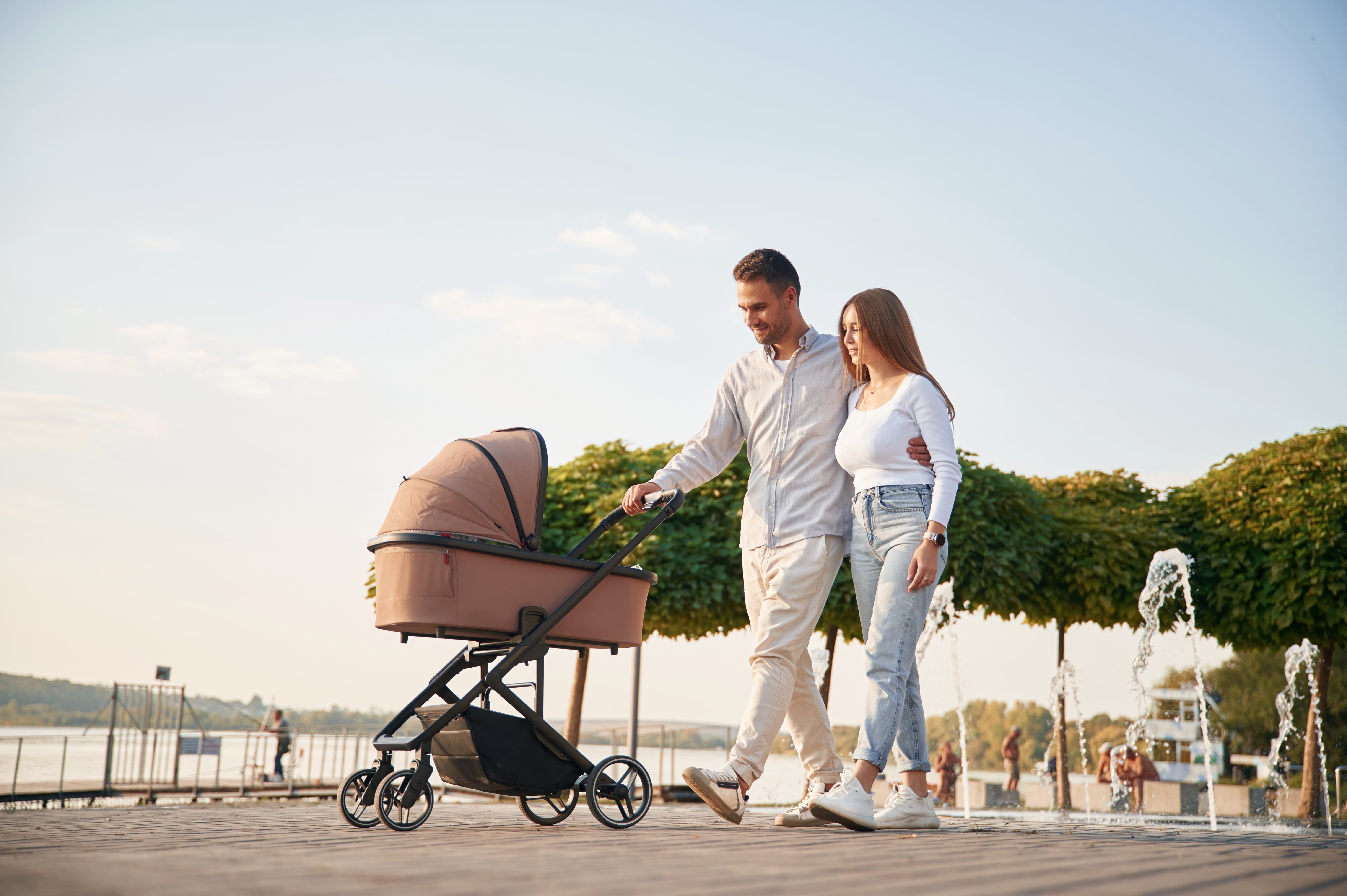What Freud Can Teach Us About Prams Pushchairs
Understanding Baby Prams and Pushchairs: A Comprehensive Guide
When it pertains to looking after a newborn or a baby, few products are as vital as a trustworthy baby pram or pushchair. These movement aids provide a safe, comfy method to transfer babies while permitting parents and caregivers the liberty to navigate the world. This short article explores the numerous elements of baby prams and pushchairs, helping moms and dads make informed decisions about which item might be best suited for their household's requirements.
What Are Baby Prams and Pushchairs?
Baby Prams: These are usually developed for infants and very young babies. They have fully reclining seats that permit a flat position, making them suitable for newborns. Prams And Pushchairs include a big, deep body, supplying extra protection and comfort.
Pushchairs: Pushchairs, likewise known as strollers, are more flexible and can usually be adjusted for toddlers too. They are light-weight, easy to navigate, and frequently include a range of seating positions, consisting of reclined and upright.
Function
Baby Prams
Pushchairs
Ideal Age
Newborn to around 6 months
Newborn to 3 years or more
Seat Position
Completely reclined
Adjustable (reclined and upright)
Weight
Heavier, more robust
Lighter, more compact
Folding Mechanism
More complicated folding
Usually easier folding
Maneuverability
Can be less maneuverable
Highly maneuverable
Key Features to Consider
When selecting a baby pram or pushchair, prospective buyers should think about several crucial features that can influence the use and comfort for both the child and the caretaker.
1. Security Features
- Five-point Harness: Ensures the baby is securely strapped in.
- Brakes: Reliable braking systems avoid accidents.
- Stability: A large base and well-constructed frame enhance stability.
2. Comfort
- Cushioning: Ample cushioning on the seat ensures comfort.
- Suspension System: Provides a smoother trip on irregular surfaces.
- Canopy: A big, adjustable canopy safeguards the baby from sun and rain.
3. Portability
- Weight: Lighter designs are much easier to raise and bring.
- Folding Mechanism: Easy folding designs allow for fast storage and transportation.
- Compact Size: A more compact size makes it simpler to fit into vehicle boots and tight spaces.
4. Flexibility
- Convertible Options: Some models can be adjusted from a pram to a pushchair.
- Reversible Seat: Allows the baby to face the moms and dad or the world, depending on choice.
- Devices: Look for alternatives that can accommodate safety seat or have a storage basket.
5. Resilience
- Product Quality: Invest in higher-end materials for durability.
- Weather Resistance: Water-resistant materials guarantee that the pram/pushchair can stand up to various weather.
Types of Baby Prams and Pushchairs
Several kinds of baby prams and pushchairs satisfy various function requirements, aligning with moms and dads' specific way of lives.
1. Travel Systems
Travel systems typically combine a safety seat and a stroller in one plan, enabling for seamless transportation from car to pram or pushchair without disrupting the baby.
2. Umbrella Strollers
Umbrella strollers are light-weight and practical, created for simpler maneuverability. They are perfect for fast trips and may lack some features found in full-size strollers.
3. All-Terrain Pushchairs
These are best for active households who enjoy treking or taking strolls on rugged terrains. They normally come with bigger wheels for stability.
4. Jogging Strollers
Jogging strollers are developed for parents who want to integrate workout with child care. They feature sturdy frames and fixed front wheels to enhance security during a run.
The Importance of Choosing the Right Option
Selecting the appropriate baby pram or pushchair is not merely a matter of choice; it straight affects the safety and convenience of the baby. Moreover, the ideal option can exceptionally influence the way of life of the caregivers.
Benefits:
- Convenience: A well-chosen pram or pushchair makes trips easier and more enjoyable.
- Health: Proper assistance helps in spinal and skeletal development in babies.
- Bonding: Outdoors play a vital role in parent-child bonding.
Frequently Asked Questions (FAQs)
1. At what age can my baby use a pushchair?
A lot of pushchairs are developed to accommodate babies as young as six months, although some designs can be gotten used to safely transfer newborns when used with compatible safety seat.
2. How do I preserve my baby pram or pushchair?
Routine cleansing is essential. Wipe down the frame and fabric with a wet fabric and mild soap. Regularly check the wheels and brakes for wear and tear.
3. Can I use a baby pram for jogging?
Usually, no. Regular baby prams lack the stability and style needed for jogging. It is much safer to use a stroller specifically designed for that purpose.
4. How do I select the best size?
Consider how frequently you will be utilizing the pram/pushchair and where. If area is limited, search for a more compact design. For related , choose one with bigger wheels and great suspension.
Baby prams and pushchairs are invaluable tools for moms and dads and caretakers, permitting safe and comfortable transport of infants and young children. By understanding the various features, types, and advantages included, caretakers can choose the very best movement aid matched to their requirements. Whether it be an advanced travel system or an easy umbrella stroller, the right purchase can substantially enhance the experience of being a parent, making trips satisfying and hassle-free for both parents and babies alike.
